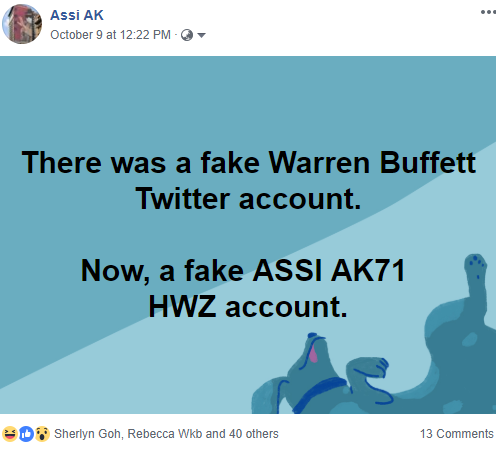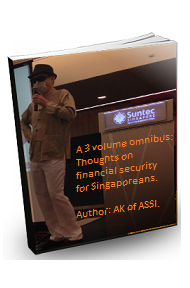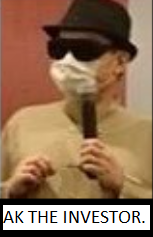So many people have blogged about the passing of our country's founding Prime Minister, Mr. Lee Kuan Yew. Some asked me why I have not said anything in my blog?
Well, apart from the fact that other bloggers have done such a good job of it, I am really not very good at writing eulogies. I do feel very sad and, actually, it goes beyond sadness. It is a deep sense of loss.
After all, even after he retired as Prime Minister, he was still very active, dispensing good advice and, for a while, it felt as if he would always be there for us.
Anyway, why am I blogging about him now?
Mr. Lee Kuan Yew "wore the same exercise shorts for 17 years. And when it tore, he patched it up, or his wife patched it up for him."
This was revealed by Law and Foreign Affairs Minister, Mr. K Shanmugam.
Mr. Lee Kuan Yew was a very frugal person.
I might not understand all of Mr. Lee Kuan Yew's great wisdom even if I tried but I can certainly identify with his frugal habits.
When I see some of my relatives throwing away perfectly good clothing just because they were out of fashion or children not finishing their food just because they didn't like it, I would feel very sad. I would worry, probably needlessly.
I remember the hard times my family had to go through. I remember being told never to waste food and, till today, I will finish all the food on my plate. When I buy cooked food, I would tell the vendor to give me less rice because I don't want to throw away what I cannot finish.
Once, I actually told my brother in law's sister to finish her food when she left so much unfinished. She looked at me, irritated, and asked if I would like to finish it for her. If I wasn't going to do it, keep quiet. I was surprised. She was quite a few years younger than I was and I probably expected her to listen. Anyway, it wasn't a response I was expecting.
Life is too good now, perhaps.
Waste not, want not. This is something we should all try to remember. Not something to do with meritocracy or good governance, perhaps, but this is something Mr. Lee Kuan Yew would probably want us to remember too.
Farewell, Mr. Lee Kuan Yew. Thank you for all that you have done for Singapore. We owe you a great debt that can never be repaid. May you rest in peace.
Related posts:
1. Some of my stuff (Part 1).
2. Saving time and money but lost face?
3. An essential habit to becoming richer.





























